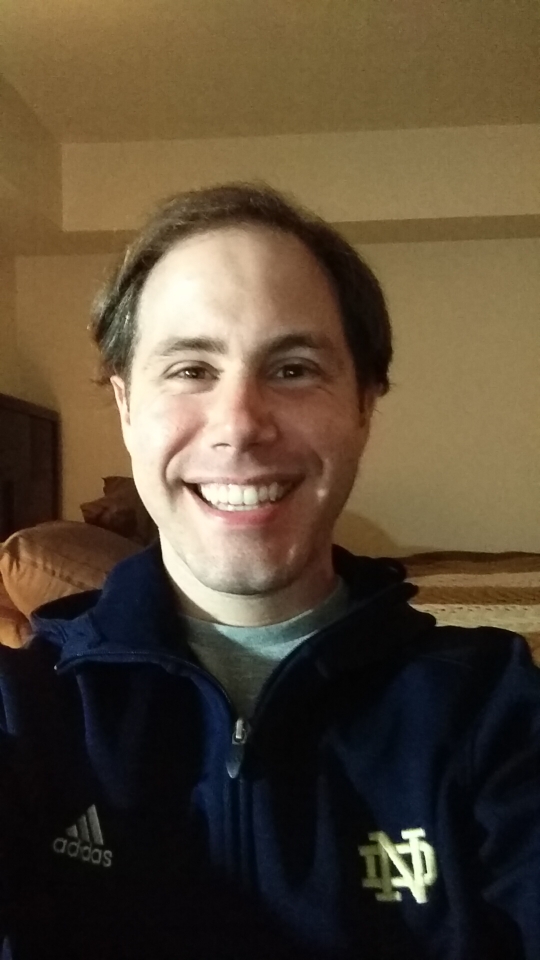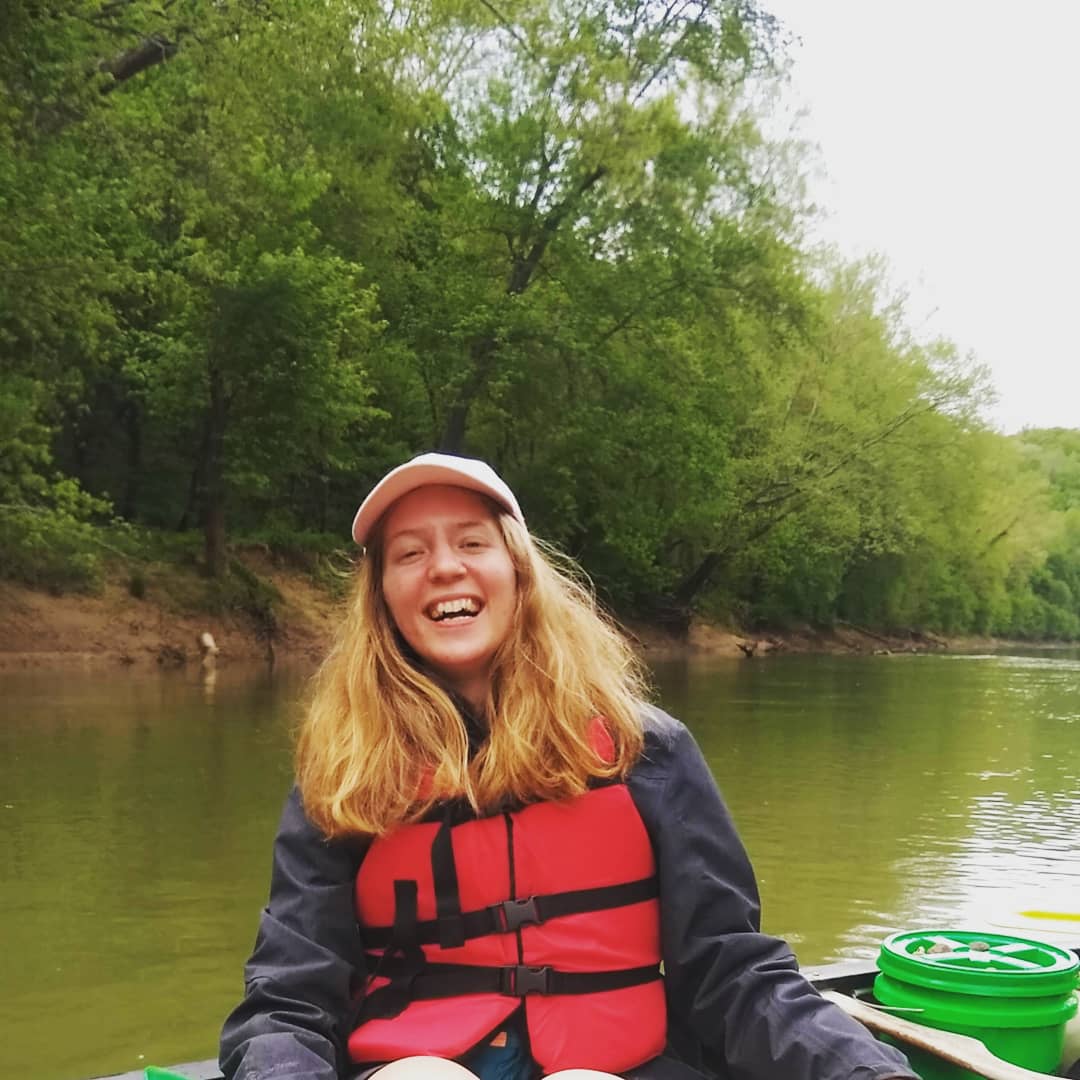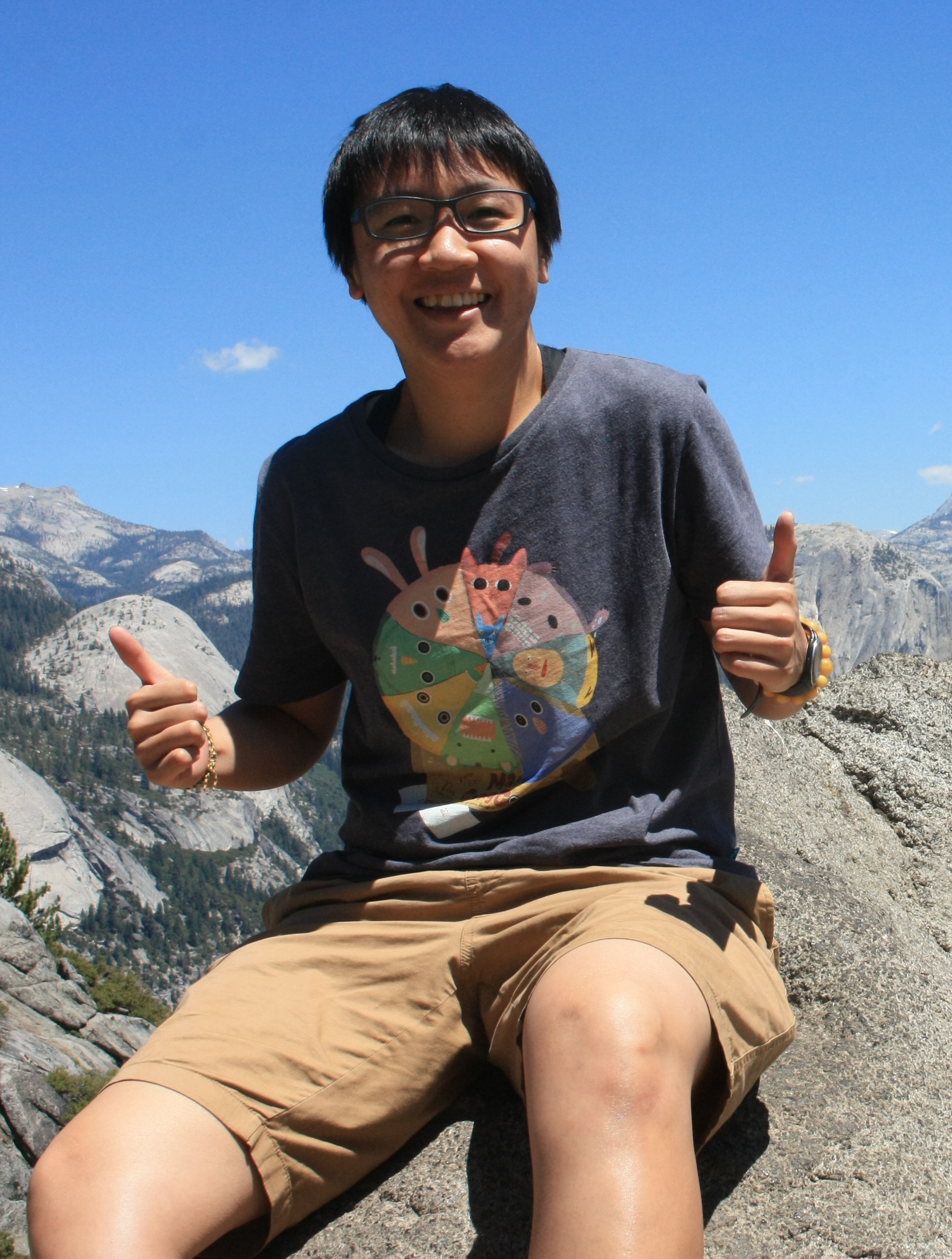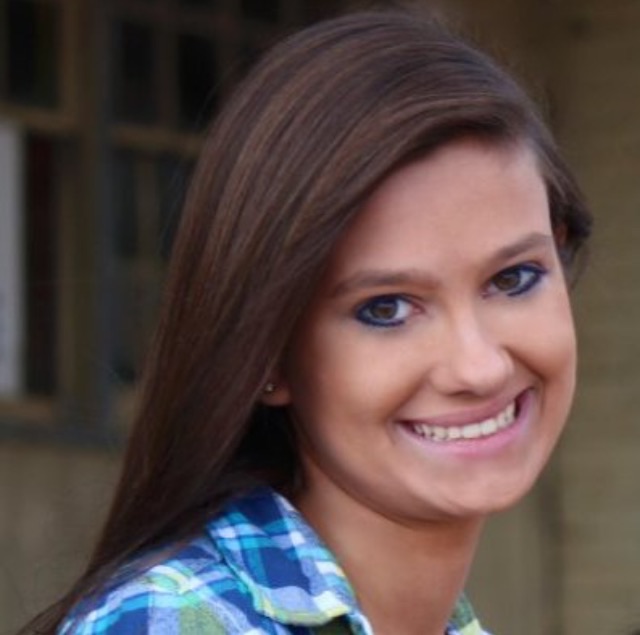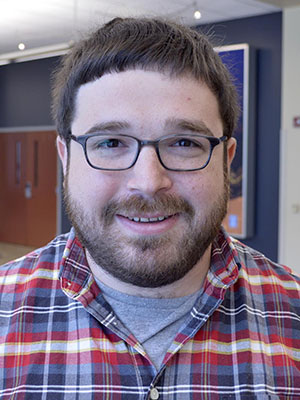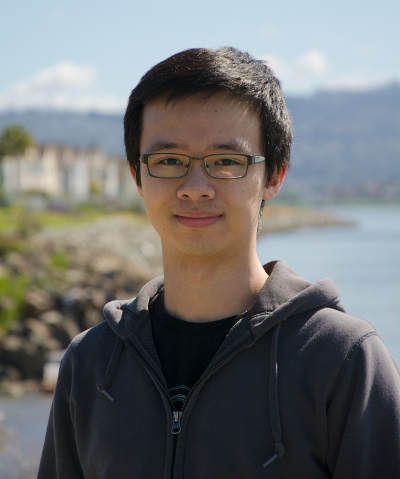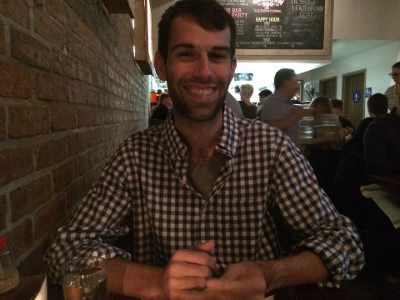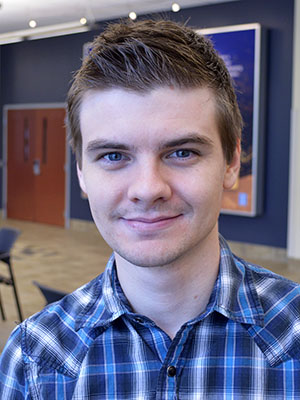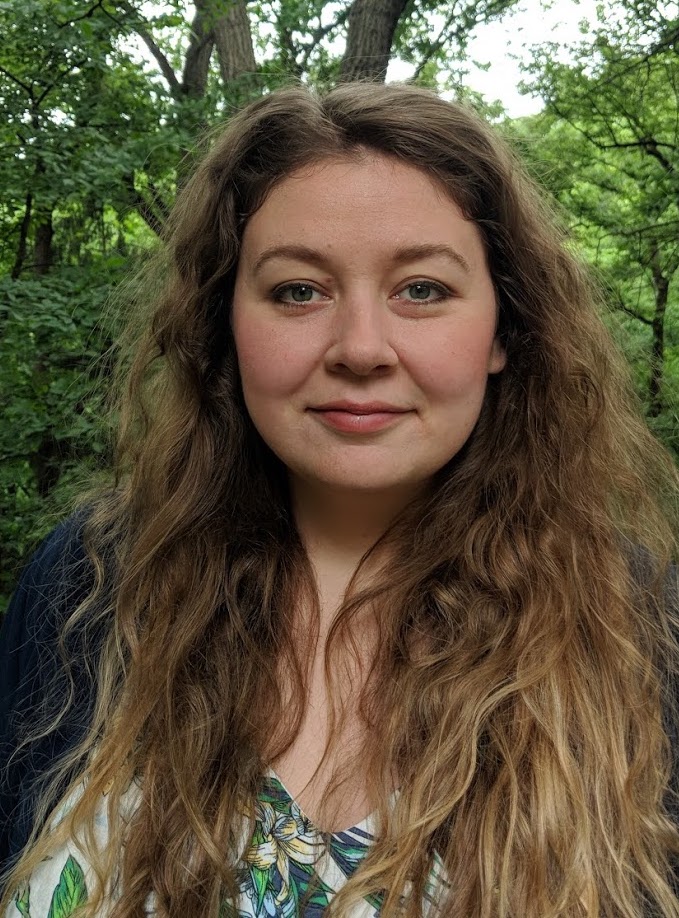Professor Matthew Turk
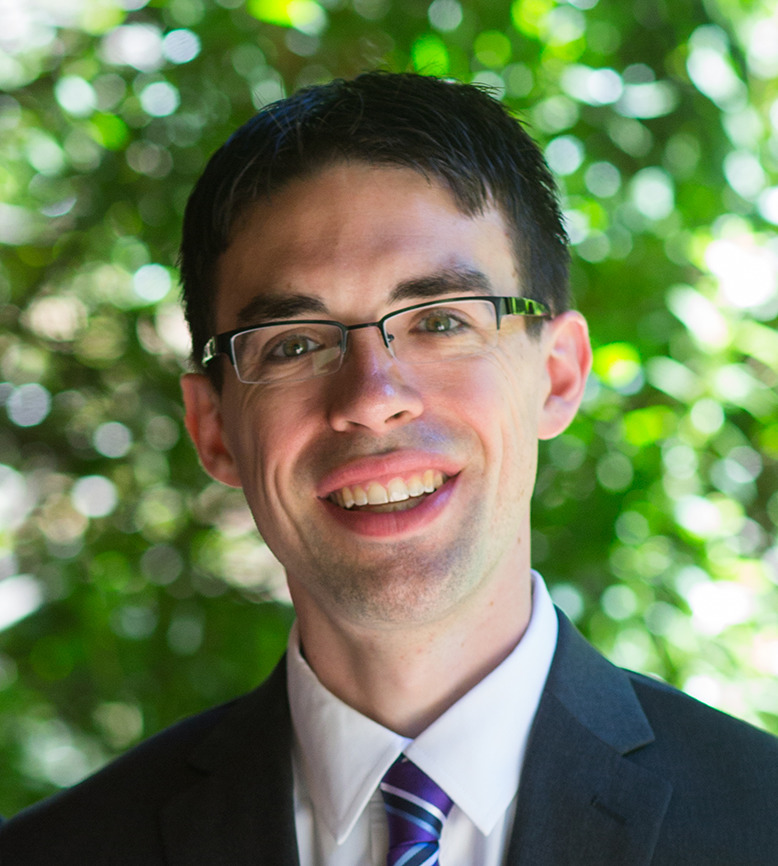
- Position: Assistant professor
- Homepage
- Bio:
Dr. Matthew Turk received his undergraduate degree at Northwestern University in 2003 and his PhD in Physics from Stanford in 2009. His research in astrophysics was primarily focused on the way that the first stars and galaxies formed in the Universe, which has led him to develop and implement algorithms for data analysis and visualization. He is interested in understanding how scientists process data, developing methods both descriptive and prescriptive around analysis, visualization, and the propagation of information between data and individuals.
Dr. Chris Havlin
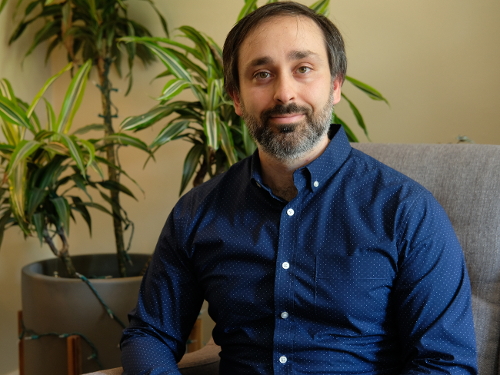
- Position: Research scientist
- Bio:
Chris Havlin earned his undergraduate degree in Geophysics and Planetary Sciences from Boston University in 2009, followed by a MSc (2011) and PhD (2015) in Geological Sciences from Brown University. His research in computational geodynamics focused on two-phase flow in the upper mantle to better understand how magma migration influences plate tectonics and how partial melt distributions influence seismic observation. From 2015-2020, Chris continued research in geodynamics and geophysics at the Lamont-Doherty Earth Observatory of Columbia University, while also providing freelance data science consulting services. Chris joined the Data Exploration Lab in June, 2020, where he works on developing and leveraging open source computational tools for data visualization and analysis in the geosciences.
- Joined 2020
Dr. Kacper Kowalik
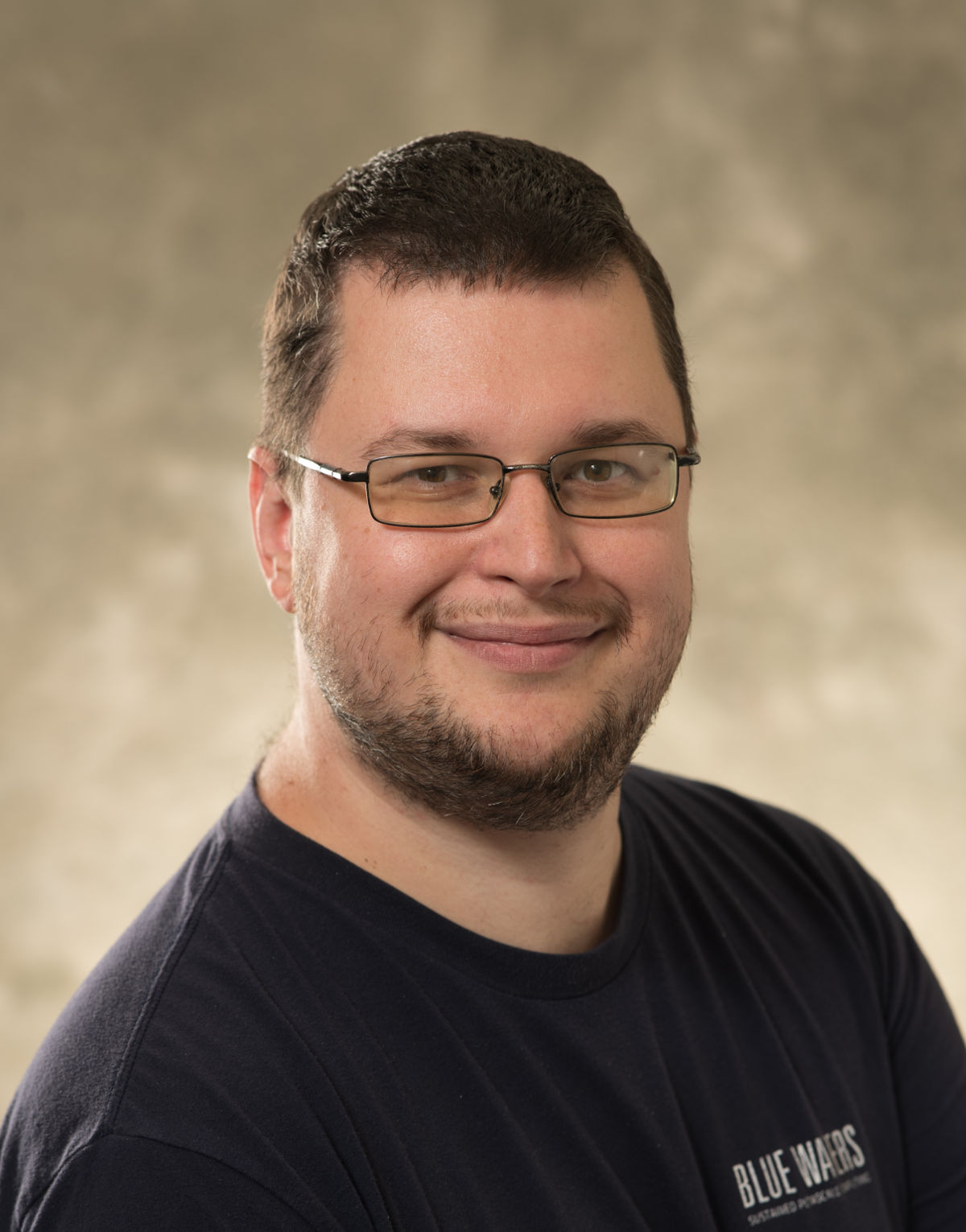
- Position: Research scientist
- Homepage
- Bio:
Dr Kacper Kowalik received his undergraduate degree at Nicolaus Copernicus University (Torun, Poland) in 2008 and his PhD in Astronomy also from Nicolaus Copernicus University in 2014. His research in astrophysics was primarily focused on early stages of protoplanetary formation and circumstellar disks’ instabilities. He is interested in high performance computations – especially in the domain sciences where they haven’t been widely adopted, developing new ways of sharing and interacting with large computational datasets, applying industrial IT solutions to scientific software.
- Joined 2014
Dr. Meagan Lang
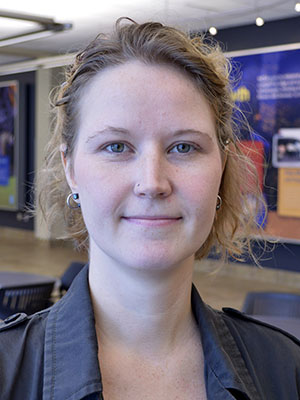
- Position: Research scientist
- Homepage
- Bio:
Dr. Meagan Lang recieved her undergraduate degree at Pennsylvania State University in 2010 and her PhD in Physics from Vanderbilt University in 2015. Her research in astr ophysics has included galaxy evolution, galactic dynamics, large scale structure, and gravitational waves. Through this work, Meagan has developed new tools and techniques for analyzing numerical simulations, modeling noise in gravitational wave detectors, and efficient data access. Meagan is interested in making connections between astronomy and other field s through interdisciplinary research. She is also interested in physics/astronomy education and public outreach in the local Champaign-Urbana community.
- Joined 2015
Shin-Rong Tsai
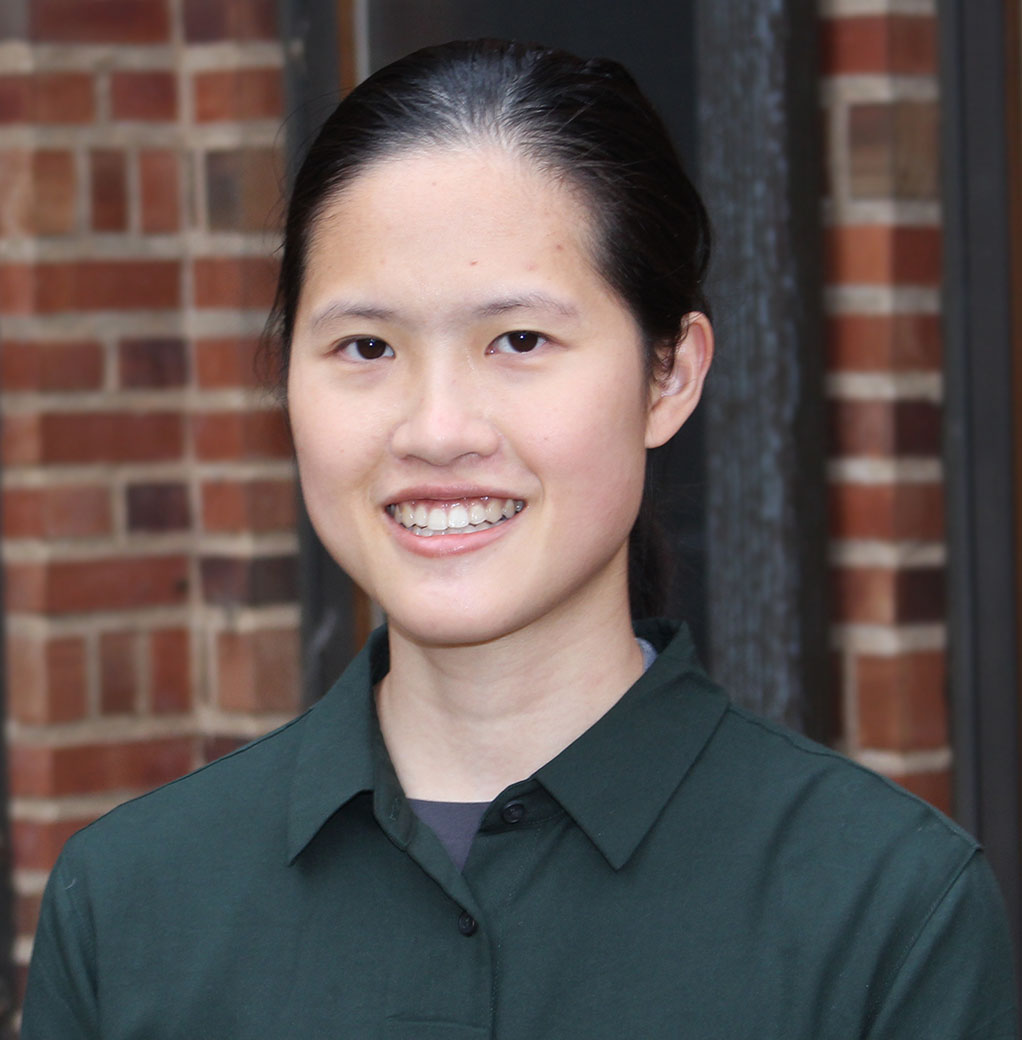
- Position: Research scientist
- Bio:
My work focuses on developing in situ analysis tool that enables ongoing simulations to use Python to analyze data. I also work on developing tools for analyzing and visualizing volumetric data.
- Joined 2022
Het Patel
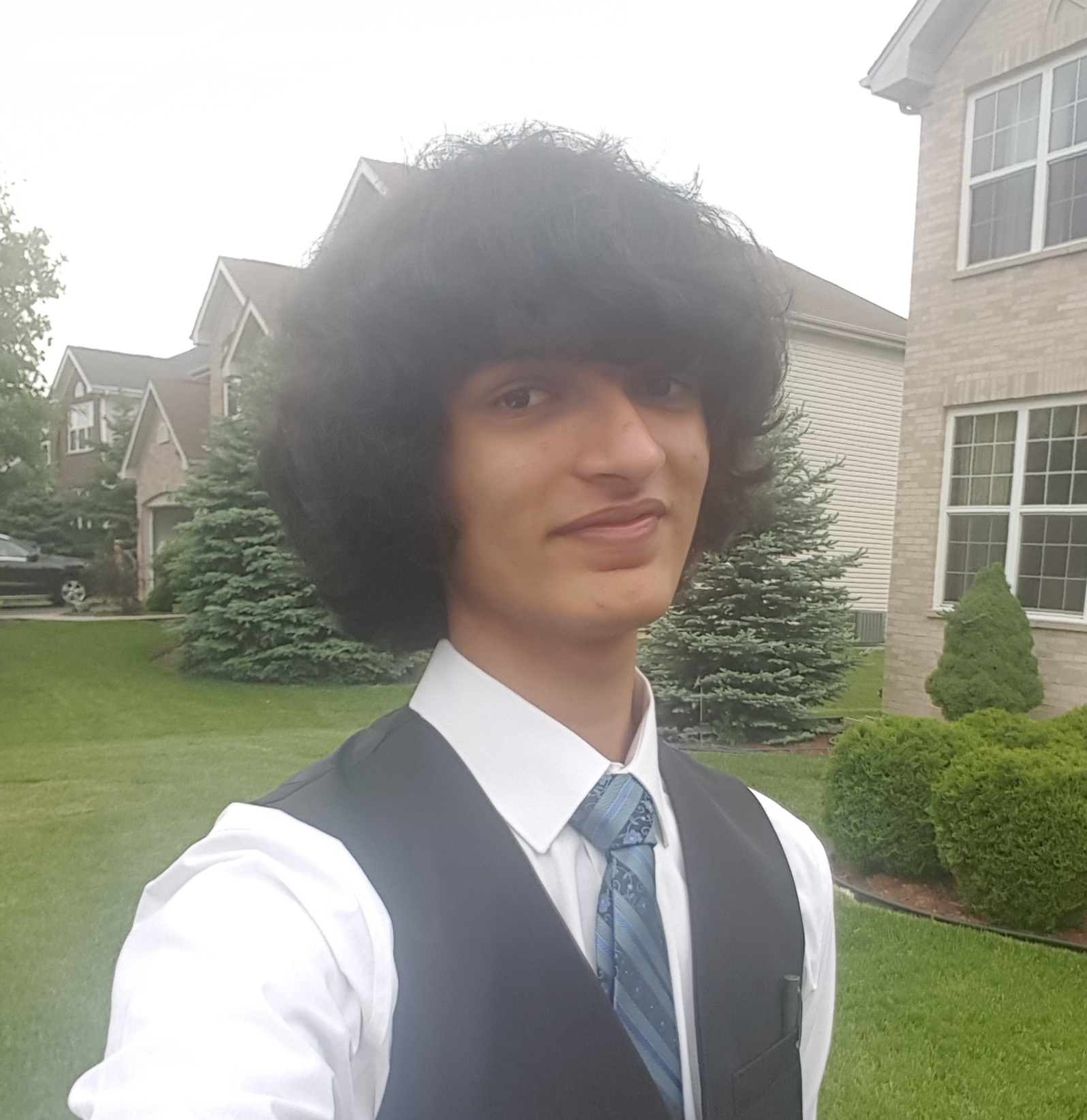
- Position: Graduate student
- Homepage
- Bio:
Het is a graduate student in the Informatics department. He graduated in Spring 2020 from University of Illinois at Urbana-Champaign with a degree in Computer Engineering plus a minor in Informatics and then immediately began Graduate School in Fall 2020 amidst a global pandemic. His research is planned to focus on Augmented/Virtual Reality Data Visualizations and big data analytics on a multitude of topics.
- Joined 2020
Kwok Sun Tang

- Position: Graduate student
- Homepage
- Bio:
Sunny is currently a graduate student in the Astronomy Department. He is interested in the role of magnetic fields and turbulence in the process of star formation. His current research is currently focused on the development of Dengo, a meta-solver for non-equilibrium chemical network with cooling processes. This is essential to the study of wide range of astrophysical processes. In partiular, I and Matt are interested in the physics that leads to the formation of first stars. With Dengo, we will hopefully push current first stars simulations to unprecedented boundaries and see the first lights of these objects.
Sam Walkow
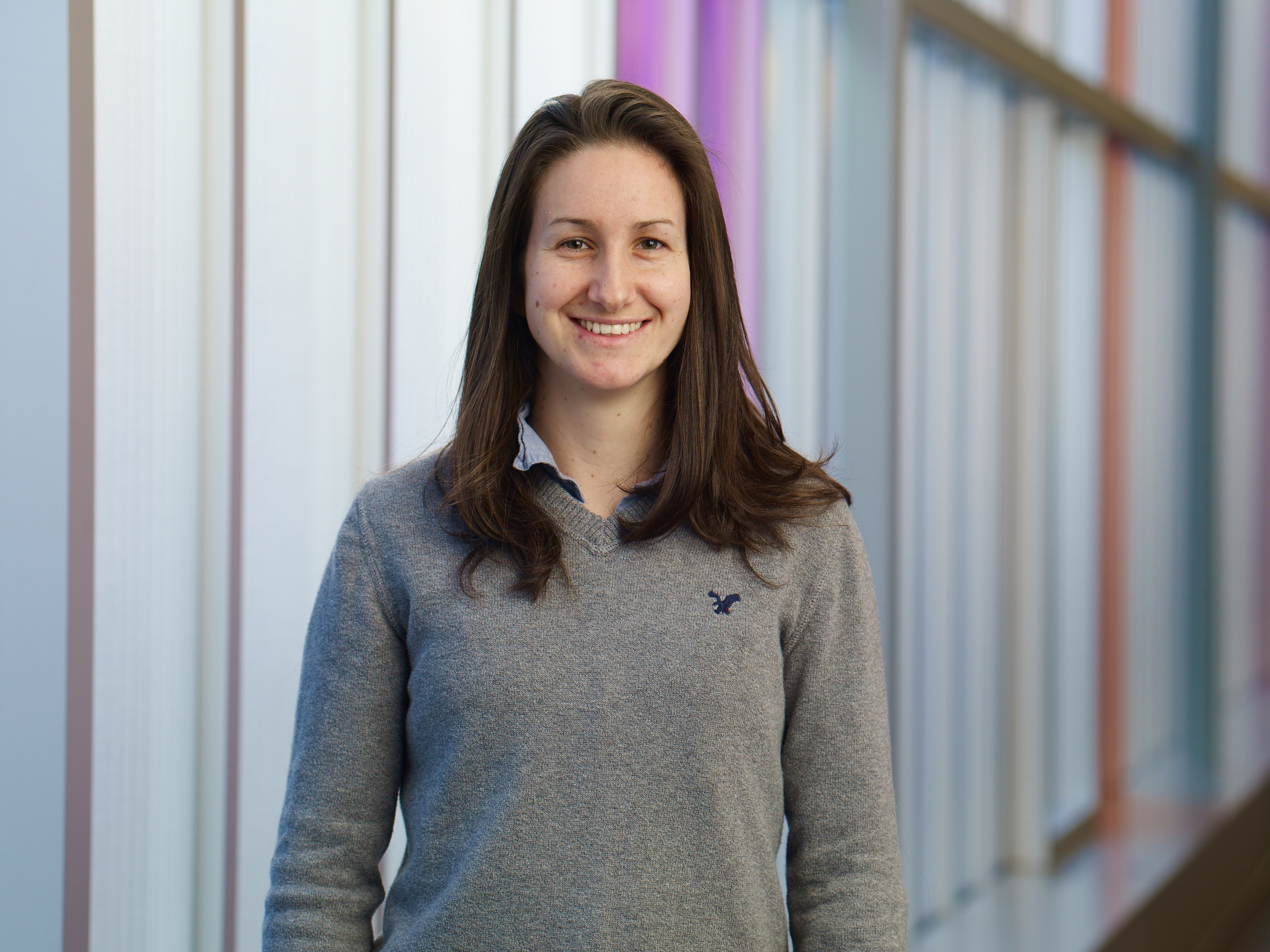
- Position: Graduate student
- Bio:
Sam Walkow is a PhD student studying data visualization and research software. She received her bachelors in Psychology and Sociology from Purdue University in 2014. Her areas of interest include how software is used across science domains, how different domains approach data analysis and visualization, and what motivates users to re-use and re-purpose software tools. She also has experience in data management and research software in a healthcare setting, and hopes to expand her knowledge across science domains to build and maintain effective software tools.
Tali Zacks
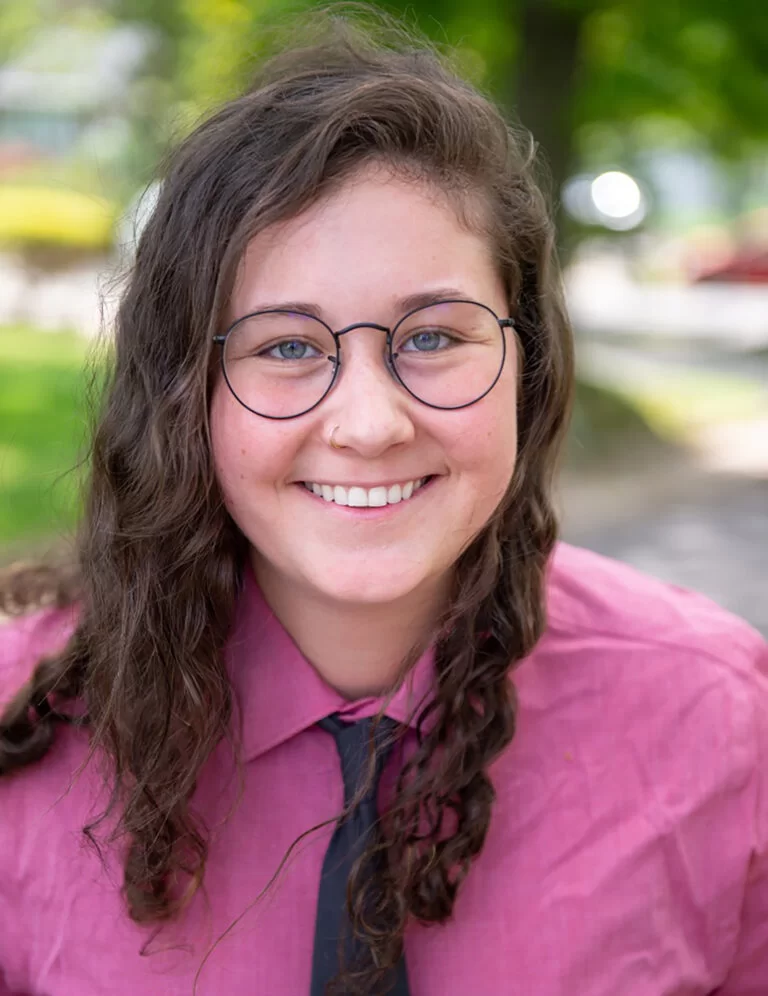
- Position: Graduate student
- Homepage
- Bio:
Tali is an Informatics PhD student in the University of Illinois at Urbana-Champaign’s School of Information Sciences. They received their Bachelors of Arts in Physics in 2020 from New College of Florida. They are interested in the cross-section of data visualization and astrophysics and would like to create astrophysical visualizations that are beautiful, scientifically sound, and accessible to everyone. They also hope to venture into other fields of scientific inquiry, such as paleontology, to address discrepancies in the way that data is shared, utilized, and visualized.
- Joined 2021
Xiaotong Hu
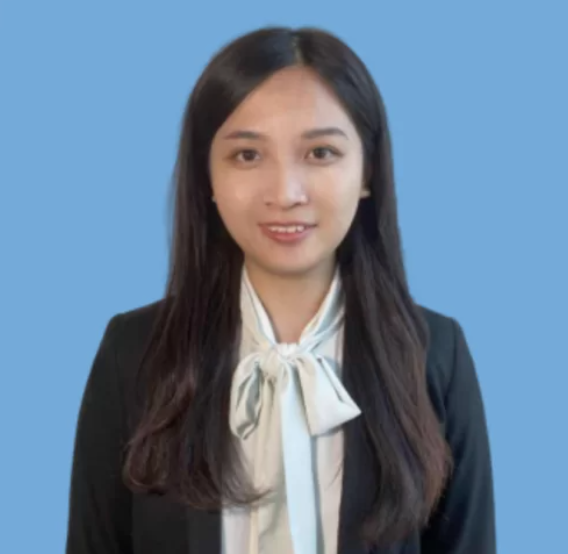
- Position: Graduate student
- Homepage
- Bio:
Xiaotong Hu is a PhD student in the Informatics Program in the School of Information Sciences at the University of Illinois at Urbana-Champaign. Her research interests include Data Visualization, Human-Computer Interaction and Computational Social Science.
- Joined 2019
Yilin Xia
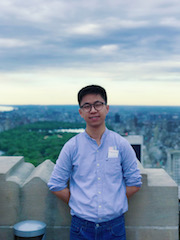
- Position: Graduate student
- Homepage
- Bio:
Yilin Xia is a PhD student in the School of Information Sciences at the University of Illinois at Urbana-Champaign. His research interest is in Human-Centered Data Science, focusing on the application of techniques from Visualization, Data Management, and Human-Computer Interaction to help people better understand and utilize data while ensuring transparency and reproducibility of their work
- Joined 2019
Hunter DeMeyer
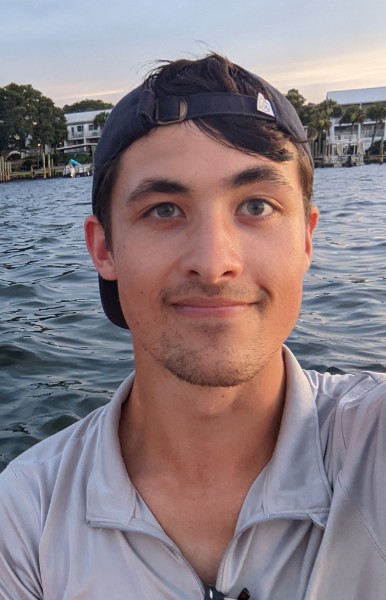
- Position: Graduate student
- Homepage
- Bio:
Hunter is an Informatics PhD student interested in research software engineering. He received his BS in Computer Science from Dakota State University in 2020 and his MS in Bioinformatics from the UIUC Computer Science department in 2023. His research is focused on using modern web technologies such as WebAssembly to make computational scientific methods more accessible, interoperable, and reusable. He also hopes to study the social dynamics of how scientists collaborate with software engineers.
- Joined 2024
